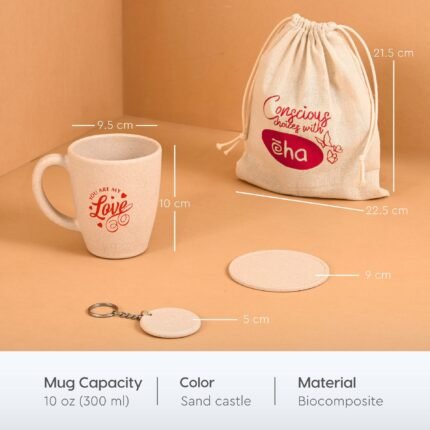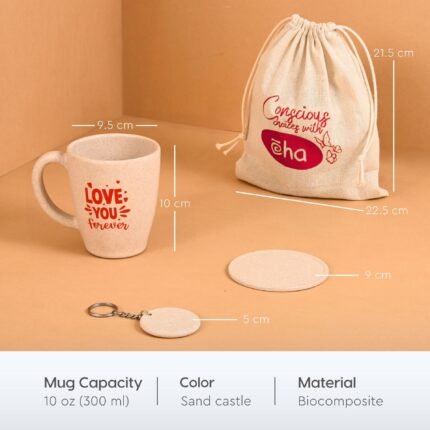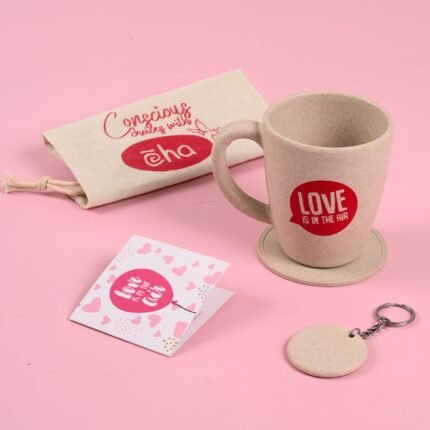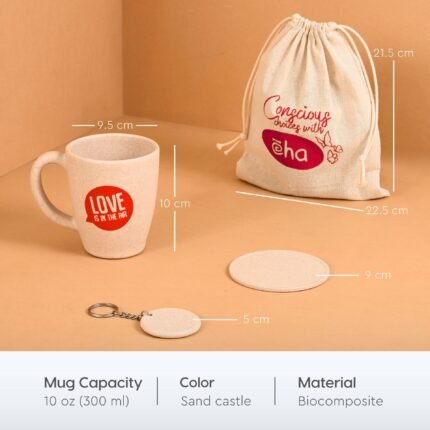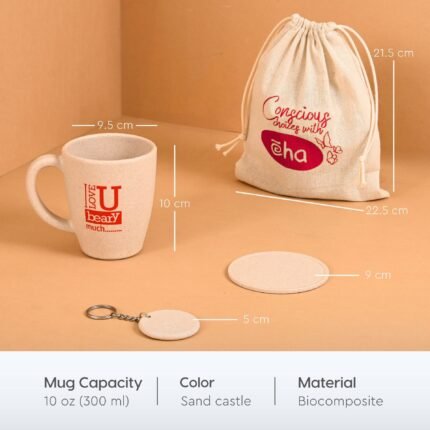The Power of Sustainability: Small Changes, Big Impact

The Power of Sustainability: Small Changes, Big Impact
The power of sustainability lies in our ability to make conscious choices that benefit both the planet and future generations.
Ever feel like making a real difference when it comes to sustainability is just too hard? We’ve all been there, staring at our daily routines and thinking, Where do I even start? It can seem overwhelming—especially when we’re bombarded with news about pollution, climate change, and the environment. The truth is, the power of sustainability isn’t about making huge changes overnight. It’s about small, steady steps that add up over time. By incorporating sustainable practices into your daily life, you’re not only making a positive impact on the planet but also building a sustainable home for yourself and your loved ones.
So, how can these small changes make a big difference? Let’s dive into some simple, actionable ideas that can make your lifestyle more eco-friendly—without a lot of stress or sacrifice.
The Power of Sustainability: Small Changes Lead to Big Results
When we talk about the power of sustainability, it’s all about understanding that every little action counts. Whether it’s swapping out single-use plastics for reusable alternatives or choosing eco-friendly products for your home, small changes can lead to significant, lasting improvements. Over time, these shifts in your habits can help reduce waste, conserve resources, and even support climate action.
The real magic happens when these little changes are combined. Picture this: a world where millions of people start using sustainable practices in their homes, offices, and everyday lives. The combined effect of all those individual efforts could have an enormous impact on the planet.
Sustainable Practices: Why They Matter
So, why exactly do sustainable practices matter so much? For one, we live in a world where resources are limited. Sustainability helps us reduce our consumption of non-renewable resources and shift towards a more circular economy—one that focuses on reusing, recycling, and minimizing waste. A sustainable lifestyle also means less pollution, fewer harmful chemicals, and ultimately, a healthier planet for future generations.
The impact of your choices might seem small on an individual level, but imagine the collective difference if everyone made just a few simple sustainable swaps. By supporting businesses that prioritize eco-friendly production methods or buying products designed with longevity in mind, we’re supporting a green economy that protects natural resources, supports fair trade, and reduces carbon footprints. Small choices lead to big changes, and that’s what the power of sustainability is all about.
Supporting the Green Economy: Sustainability in Action
The power of sustainability is also about supporting businesses and products that align with your values. Opt for companies that focus on reducing their environmental impact and follow sustainable practices in their production processes. Whether it’s choosing brands that use biomaterials, promote fair trade, or support climate action, your purchases can help drive the green economy forward.
How to Support the Green Economy:
Choose fair trade products: Support businesses that pay fair wages and ensure ethical working conditions.
Look for eco-friendly certifications: Look for labels such as “organic,” “bamboo,” or “recycled” to ensure the products you buy are made with sustainable materials.
Upcycle and reuse: Instead of always buying new, consider upcycling old furniture or clothes. This reduces demand for new products and promotes a circular economy.
By shifting your purchasing habits, you’re not just making small changes at home—you’re helping to create a larger, more sustainable world.
How to Create a Sustainable Home with Simple Steps
Let’s take a closer look at how you can apply sustainable practices at home. The idea of creating a “sustainable home” can feel like a big task, but in reality, it starts with a few manageable changes that can make a huge difference over time. Here are some ideas to help you get started.
1. Opt for Eco-Friendly Tableware and Kitchen Items
One of the easiest places to start implementing sustainable practices is in the kitchen. Disposable plastic plates, cups, and utensils are a major contributor to waste. Instead, choose products made from sustainable materials such as bamboo, ceramic, or stainless steel. Not only will you be cutting down on plastic waste, but you’ll also be adding a touch of style to your kitchen!
Sustainable Swaps:
a. Bamboo or stainless steel straws instead of plastic
b. Glass, ceramic, or bamboo plates instead of disposable ones
c. Compostable or reusable napkins to cut down on paper waste
By choosing more sustainable options for everyday kitchen items, you’re making a small, impactful change that reduces your waste while promoting long-lasting products.
2. Sustainable Storage and Organization
We all know how easy it is for things to get cluttered around the house. But did you know that organizing your home with sustainable products can make a big difference? Instead of opting for plastic bins and boxes that take years to decompose, consider switching to sustainable alternatives such as bamboo, recycled plastics, or fabric storage solutions.
Sustainable Practices for Organization:
a. Bamboo storage bins: These bins are sturdy, stylish, and much better for the environment than their plastic counterparts.
b. Upcycled fabric organizers: Made from repurposed materials, these organizers are perfect for storing everything from clothes to toys.
c. Glass jars or metal containers: Use these for pantry items instead of plastic bags or containers that don’t last.
These simple swaps are all about moving away from disposable items and leaning into products designed for longevity. When you buy durable, sustainable home items, you’re not just saving money in the long run; you’re also supporting a greener planet.
3. Indoor Plants: Nature’s Eco-Friendly Organizers
Here’s a simple sustainable practice that can literally change the way your home feels—indoor plants. Not only do plants add beauty and life to your living space, but they also improve air quality and reduce carbon dioxide in the atmosphere. Plus, they add an organic element to your home that perfectly complements sustainable tableware and storage items.
Sustainable Benefits of Plants:
a. Purify the air: Plants absorb carbon dioxide and release oxygen, which helps improve the air quality in your home.
b. Improve your mood: Studies show that indoor plants can help reduce stress and increase happiness.
c. Composting: Plant waste, like leaves or peels, can be composted and reused, reducing food waste.
By incorporating a few plants into your home, you’re not just adding greenery—you’re actively contributing to the fight against climate change.
The Power of Sustainability: Your Small Changes Matter
If you’re feeling like your efforts might not have much impact, think again. Every small choice you make, whether it’s opting for reusable cups instead of disposable ones or investing in sustainable storage options, helps create a ripple effect. Over time, those small changes can lead to big results, both for the environment and for your own well-being.
By integrating sustainable practices into your everyday life, you’re not just building a more sustainable home—you’re becoming part of a larger movement towards a greener, cleaner, and more equitable world. The power of sustainability lies in your hands, and the impact you can make is significant.
Key Takeaways:
- Small changes in your daily habits can lead to big environmental impacts.
- Sustainable practices, like using eco-friendly tableware and storage solutions, create a more organized, greener home.
- Supporting the green economy through ethical purchases promotes sustainability on a larger scale.
Start small, stay consistent, and watch how those small changes create a big impact in your life and the world around you. Your sustainable journey begins now.
Visit eha’s range of sustainable tableware to choose, made with biocomposite materials using crop-waste such as rice husk, bamboo fibers and coffee husk.
If you are looking at developing new range of earth friendly products speak to experts at Mynusco.








